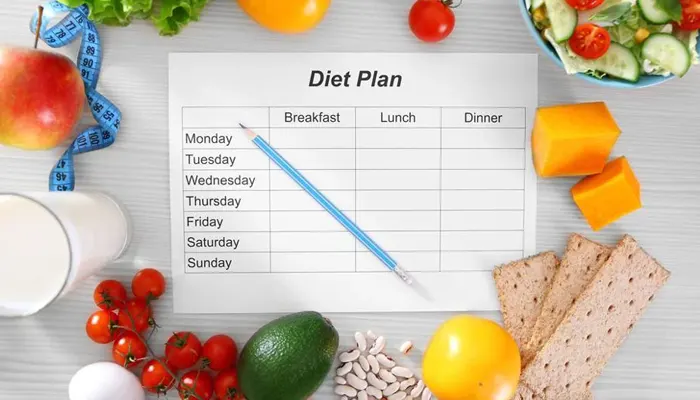
How do they differ? Which is better?
When you step into the gym for the first time, you might hear people talking about their weight loss goals. But often, what they really want is fat loss. Understanding the difference between these two concepts is crucial for setting the right goals and achieving a healthier body. Let's break it down.
The Role of Fat, Muscle, and Water in Weight Loss
Weight loss can result from changes in various body components, including fat, muscle, water, bone mineral, or glycogen stores. For those following low-carb diets, glycogen stores play a significant role. Often, people use the terms weight loss and fat loss interchangeably, but they have distinct effects on the body and health.
When trying to lose weight, people typically weigh themselves on a scale, which reflects total weight loss but not specifically fat loss. Losing fat is more beneficial than losing water or muscle, so understanding body composition is key to health.
What is Weight Loss?
Weight loss is simply the reduction of your total body weight. This can include losing muscle mass, water, and fat. The number you see on the scale reflects this total weight, but it doesn't tell you what part of that weight is muscle, fat, or water.
For example, if you start a strict diet and exercise routine, you might see the scale drop quickly. This initial drop is often water weight. As your body uses up its glycogen stores (a form of carbohydrate stored in the liver and muscles), it releases water, leading to rapid weight loss. However, this doesn't mean you're losing fat.
What is Fat Loss?
Fat loss, on the other hand, specifically refers to reducing the amount of fat in your body. This is a more targeted and beneficial goal compared to general weight loss. Reducing body fat percentage can improve your health, enhance your physical appearance, and increase your overall well-being.
To measure fat loss accurately, tools like body fat calipers, bioelectrical impedance scales, or even more advanced methods like DEXA scans are used. These tools can give you a clearer picture of how much fat you’re actually losing.
Why the difference matters
Understanding the distinction between weight loss and fat loss is important for several reasons:
Losing fat rather than just weight has greater health benefits. Excess body fat, especially visceral fat (the fat around your organs), is linked to various health issues like heart disease, diabetes, and high blood pressure. Reducing fat can lower your risk of these conditions.
Muscle Preservation
When you focus on fat loss rather than just weight loss, you’re more likely to preserve muscle mass. Muscle is metabolically active tissue, meaning it helps you burn more calories even at rest. Maintaining muscle mass can improve your metabolism and make it easier to stay lean.
Appearance and performance
Fat loss can lead to a more toned and defined appearance, whereas general weight loss might leave you looking and feeling weaker. Also, preserving muscle while losing fat can enhance your physical performance in the gym and daily activities.
How to Achieve Fat Loss
Achieving fat loss requires a combination of proper nutrition, exercise, and lifestyle changes. Here’s how you can get started:
Focus on a balanced diet rich in whole foods. Aim for a calorie deficit, which means consuming fewer calories than you burn. Choose fibre rich food. However, ensure you’re getting enough protein to support muscle maintenance and repair.
Incorporate strength training exercises into your routine. Lifting weights helps you build and preserve muscle mass, which is crucial for fat loss. Compound movements like squats, deadlifts, and bench presses are particularly effective.
Include cardiovascular exercises like running, cycling, or swimming. Cardio helps burn calories and can aid in creating a calorie deficit. High-intensity interval training (HIIT) is especially effective for fat loss.
Don’t underestimate the power of rest. Sleep and recovery are essential for muscle repair and overall health. Aim for 7-9 hours of quality sleep each night.
Fat loss is a gradual process. Stay consistent with your diet and exercise routine, and be patient with your progress. It’s better to lose fat slowly and steadily than to aim for quick fixes.












